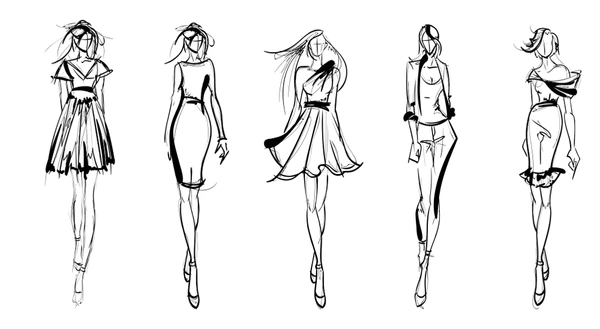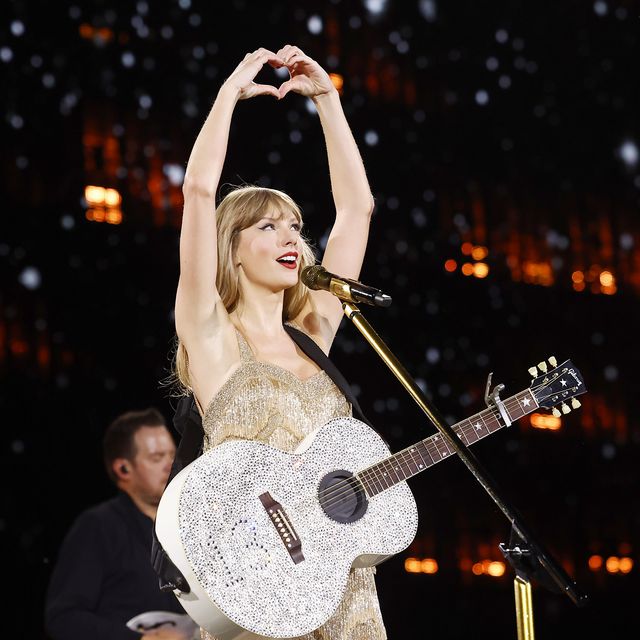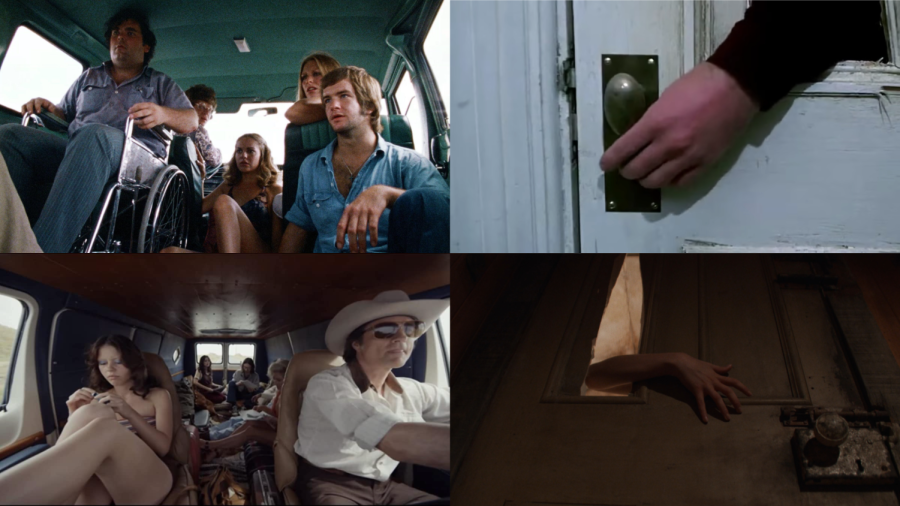
Over Thanksgiving break, I was able to binge-watch the fifth and final season of the AMC neo-Western crime drama Breaking Bad. Many elements were involved in cementing this show’s place as one of the highest-rated tv shows of all time, but it’s popularity among viewers was due in large part to its utilization of the antihero protagonist. In a show that toes the line of morality with every episode, it would only make sense to lead with an equally morally-grey main character, prompting writer Vince Gilligan to create one of the most fascinating protagonists in recent history with Walter White.
One of the most difficult tasks for writers is creating characters that are so truly likeable that fans can excuse their reprehensible actions and still root for them in the end, something that Breaking Bad was able to achieve in spades. But our love of these complex characters isn’t just unique to Breaking Bad, it’s reflected in our withstanding love of shows like The Sopranos, Dexter, and Mad Men. These morally grey characters are so ingrained in the media today that it’s almost hard to believe that on-screen protagonists used to be completely different.
The antihero is a trope that’s been around since the days of Greek theater. Simply put, an antihero is a protagonist who lacks typically “heroic” traits. The extent to which they lack heroism can vary, but they are more than just a flawed hero. In many cases, the antihero of a given piece of media may be seen as a horrible villain by those around them, but the story that they occupy is still framed around them. Recent examples range from mild annoyances like The Office’s Michael Scott, to violent terrorists such as Fight Club’s Tyler Durden. Shakespeare’s Hamlet is an antihero, and so is F. Scott Fitzgerald’s Jay Gatsby.
The antihero began to gain popularity with the rise of Westerns and Film Noir in Hollywood around the 1940s. In a way, the loss of innocence in film and television mirrored the loss of innocence that Americans were facing. World War II was just the beginning of a major shift in American culture. The oblivious serenity of the American Dream was gone, and attitudes towards establishments became more distrustful.
In the century that followed, the Civil Rights Movement, the Cold War, and the Vietnam War created schisms between the American people and the American government. This created the perfect backdrop for not-so-perfect protagonists. Taxi Driver’s Travis Bickle was an isolated Vietnam veteran who wanted to assassinate a presidential candidate. Dirty Harry’s titular character is distrustful and weary of the forces of law around him that prevent him from upholding justice, which directly reflects how the Watergate Scandal and Vietnam War undermined public trust in the government and its promise of justice.
With the golden age of television at the start of the 21st century, there was a shift in the types of protagonists featured on the small screen. The 9/11 attacks sparked fear and the 2008 financial crisis was responsible for a loss of faith in the economy and a rise in national frustration and disillusionment.
So it makes perfect sense that Walter White, a man who worked an average American job, had an average American family, developed average American lung cancer, and couldn’t pay his average American medical bills, could gain our sympathy. And as viewers, it made perfect sense that we would defend him, even as his actions became much more despicable. Because in the end, we are frustrated with the same exact things in our everyday lives. The medical system, inadequate pay, and the expense of college tuition are just a few of the burdens that many of us will be forced to face. So when we see someone struggle against these burdens on screen, we don’t see a villain, we see ourselves.
According to Dr. H. Eric Bender, we’re drawn to antiheroes because, like us, they are morally complex. No real human is purely good or purely evil, so characters with a black and white morality simply aren’t relatable. In other words, we can’t connect with them and understand them. As deeply flawed and dangerous as antiheroes can be, they are probably the most accurate depictions of us as viewers, in all our flawed, frustrated, disaffected glory.






